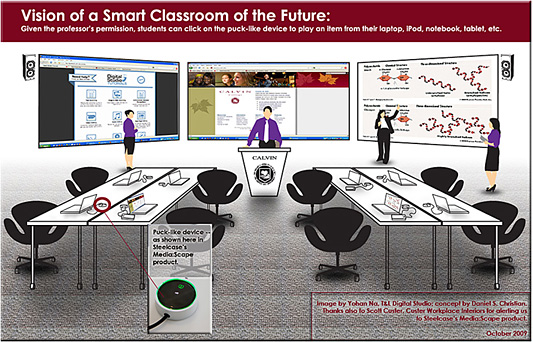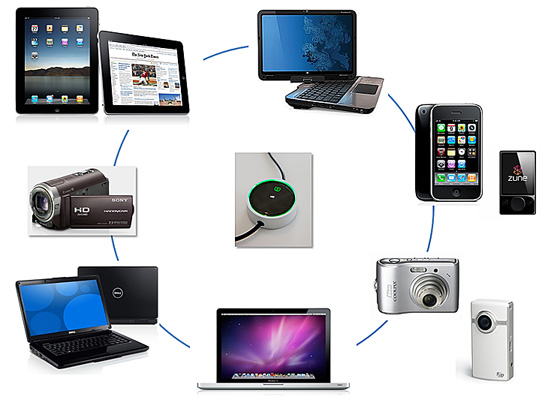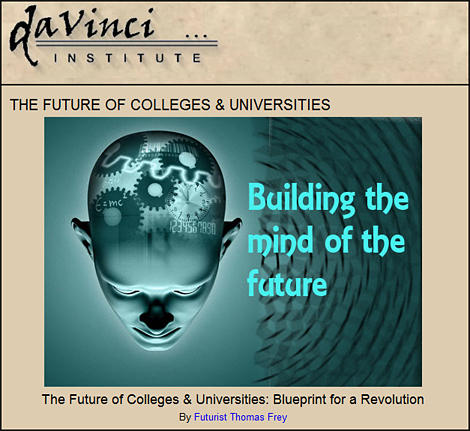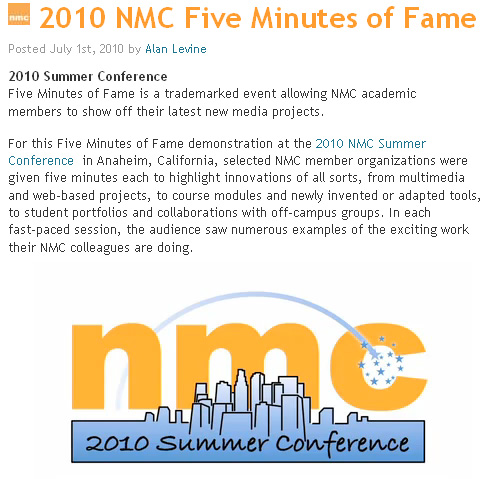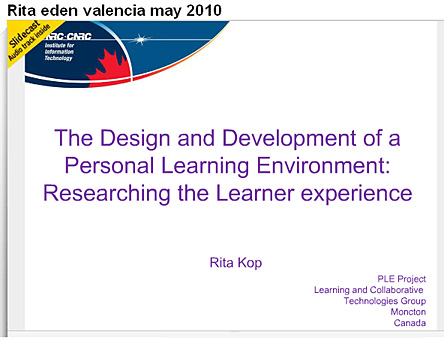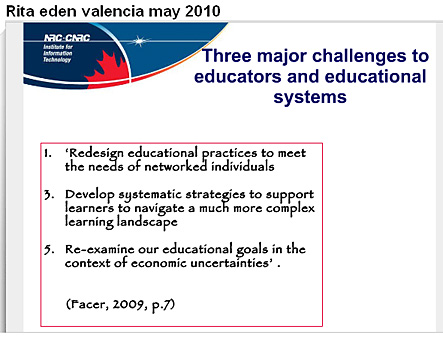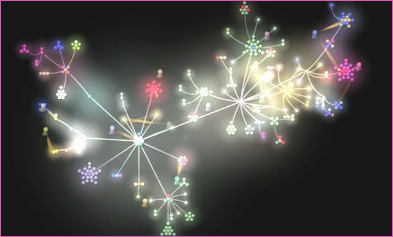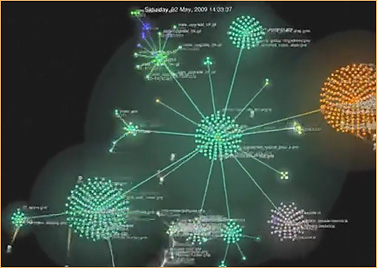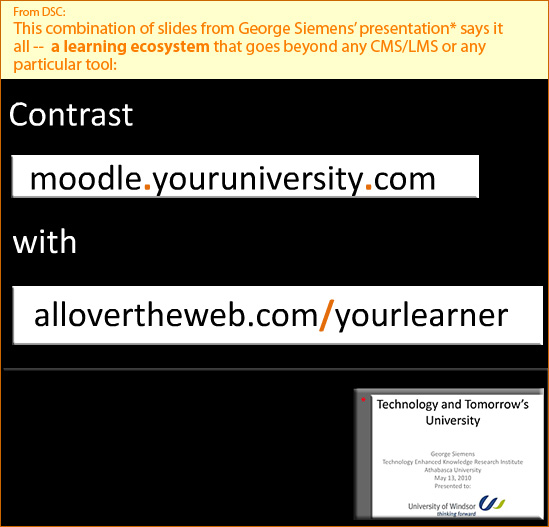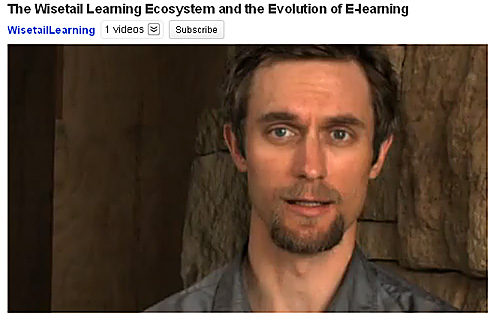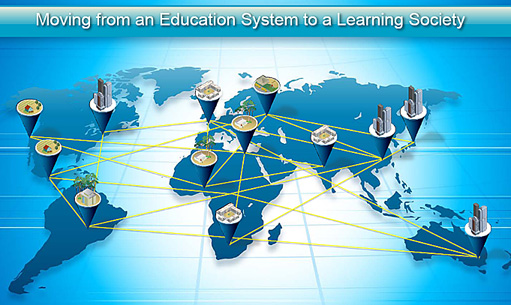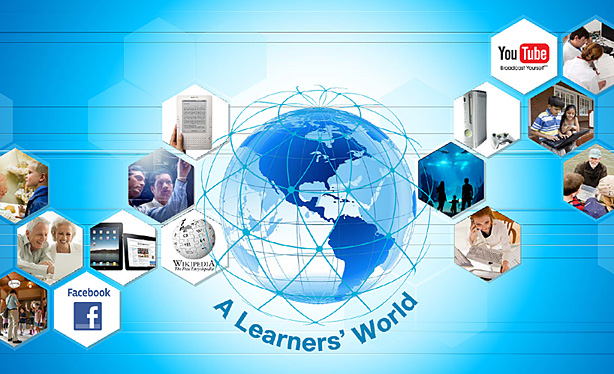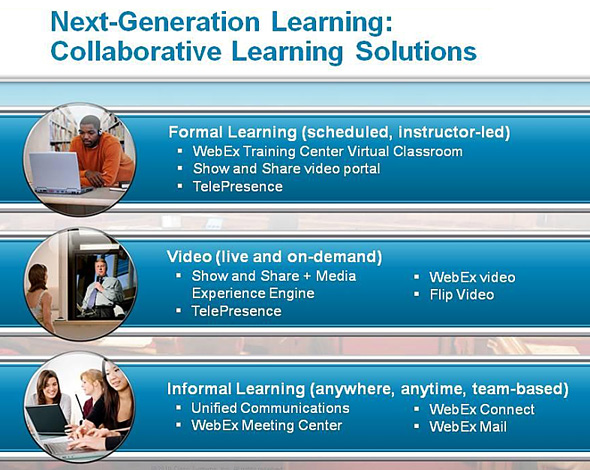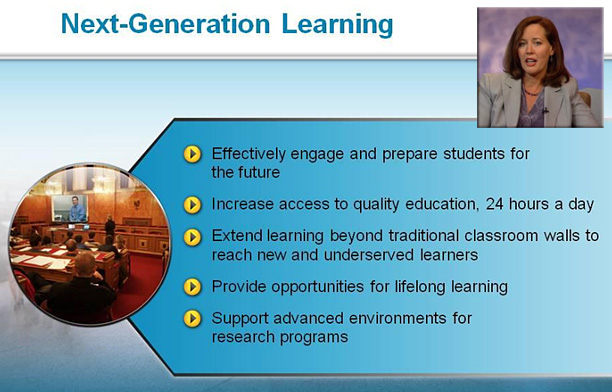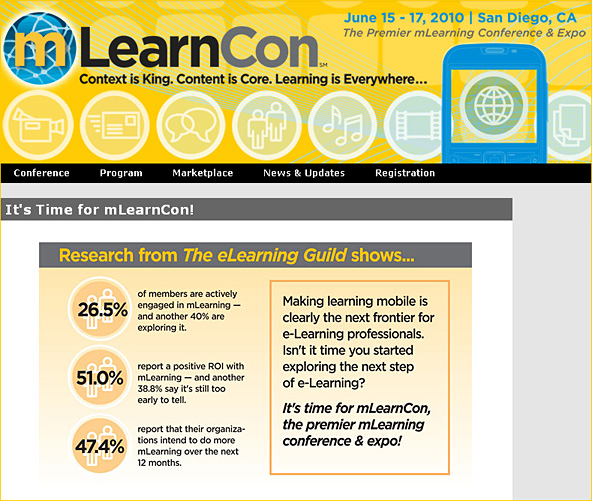McGraw-Hill Education: Product Manager – Student Innovations
Profession: Marketing -> Product Management
The McGraw-Hill Companies is driving the education, financial services, and business information markets through leading brands such as McGraw-Hill Education, Standard & Poor’s and J. D. Power and Associates. McGraw-Hill Education addresses virtually every aspect of the education market from pre-K through professional learning.
Using traditional materials, online learning and multimedia tools, we empower the growth of teachers, professionals and students of all ages. Our technical innovations are changing the way people learn, with e-books, online tutoring, customized course Web sites and subscription services. We are also a leading provider of reference and trade publishing for the medical, business, engineering and other professions. McGraw-Hill is investing in and committed to innovation, both in its business and in shaping the future of higher education.
The Learning Ecosystems Group is the team responsible for defining that vision of the future. We are building businesses that meet the needs of higher education students – products that can be directly marketed to students and to institutions, including our current GradeGuru product as well as the significant digital platform products in our short-term pipeline. The Learning Ecosystems Group is thus offering a unique and exciting opportunity for an experienced Product Manager in our New York City offices. The ultimate aim for this Product Manager is loosely to develop, deliver and monetize products/ services that will give students the tools they need to meet their course goals, as well as to drive the research, ideation and vision for new product(s)/ service(s) that are responsive to the needs of students.
Essential Accountabilities
- Manage and conduct research to understand and synthesize student tasks, presenting and sharing the findings across the MHHE business.
- Analyze market and product opportunities in the context of primary, secondary and competitive research. Continually collect, distill, and disseminate foundational research to inform product development.
- Build prototypes and/ or wireframes to define functional requirements that can be market tested to determine and prove market potential.
- Develop and thoroughly document/ articulate the vision and business case for the product(s) to gain buy-in from stakeholders across the organization. Clearly communicate a cohesive strategy and product road map.
- Drive product implementation in collaboration with vendors and business analysis and design partners. Build out the detailed functional requirements and design of the initial product/ service based on research, wire-framing, prototyping, user testing, experimentation and iteration.
- Drive the growth of the product/ service(s) over time, both in terms of the product road map/ functionally and customer base and revenues.
- Build out the monetization plans and business model elements to drive the product to ultimate profitability, setting aggressive targets.
- Ensure all resources are in place across the product and working in concert to achieve the ultimate success of the business, including analytical, design, technical and sales/ marketing resources as appropriate. Articulated accountabilities for team members for successful execution and delivery of the overall business objectives and targets.
- Work in collaboration with the existing MHHE sales, marketing and strategy team for maximum productivity, efficiency and product success as well as manage customer needs in collaboration with the existing MHHE customer service group
- Resource and lead a marketing team to drive rapid growth through a sound marketing and PR plan based on our understanding of our market segmentation motivations, our stakeholder interests, social media marketing tools, the power of PR and a grassroots, viral approach.
- Bachelor’s degree; Master’s degree preferred
- 8-12 years experience in related field, at least 2-3 as a lead product manager
- Proven ability to deliver…











